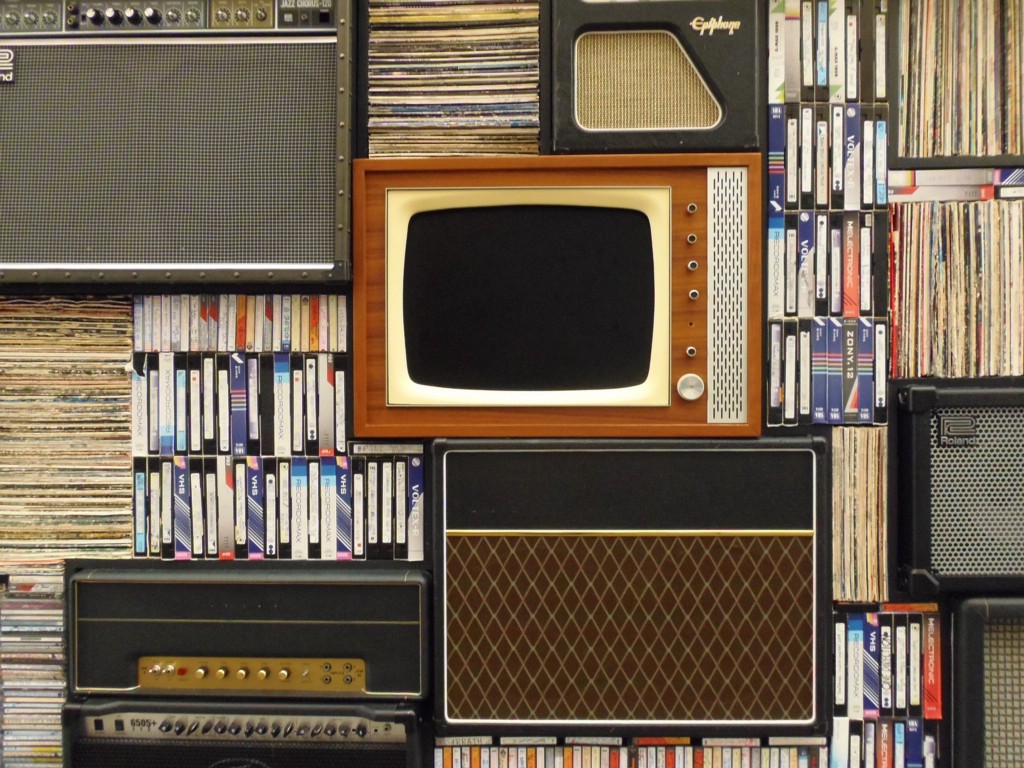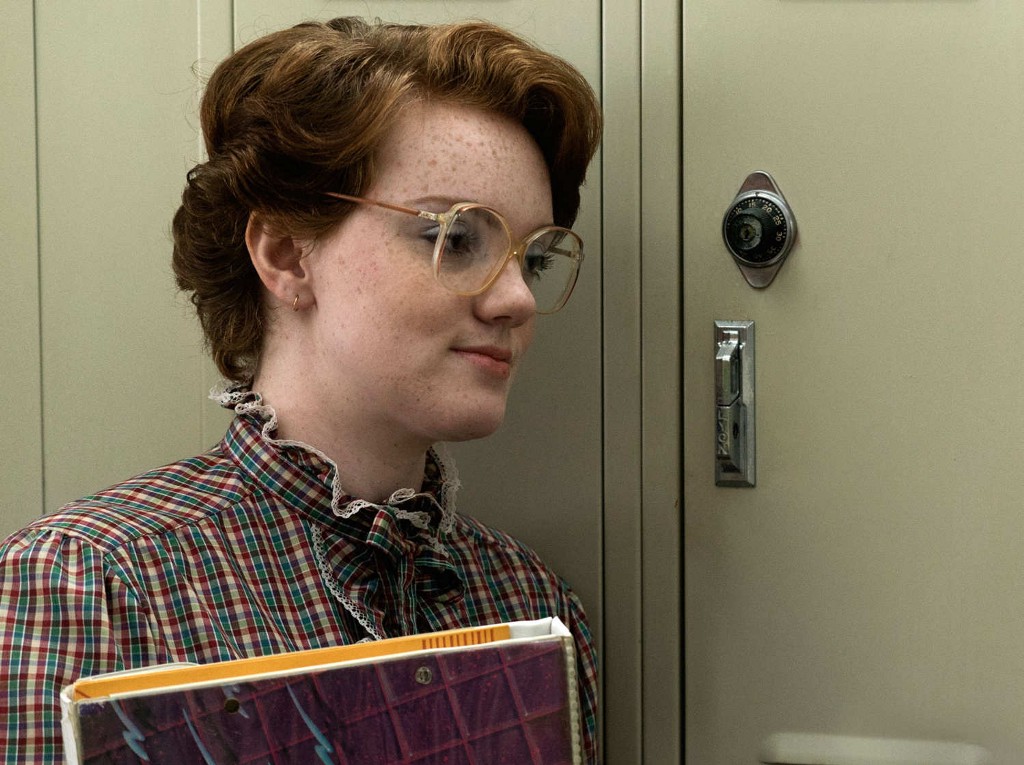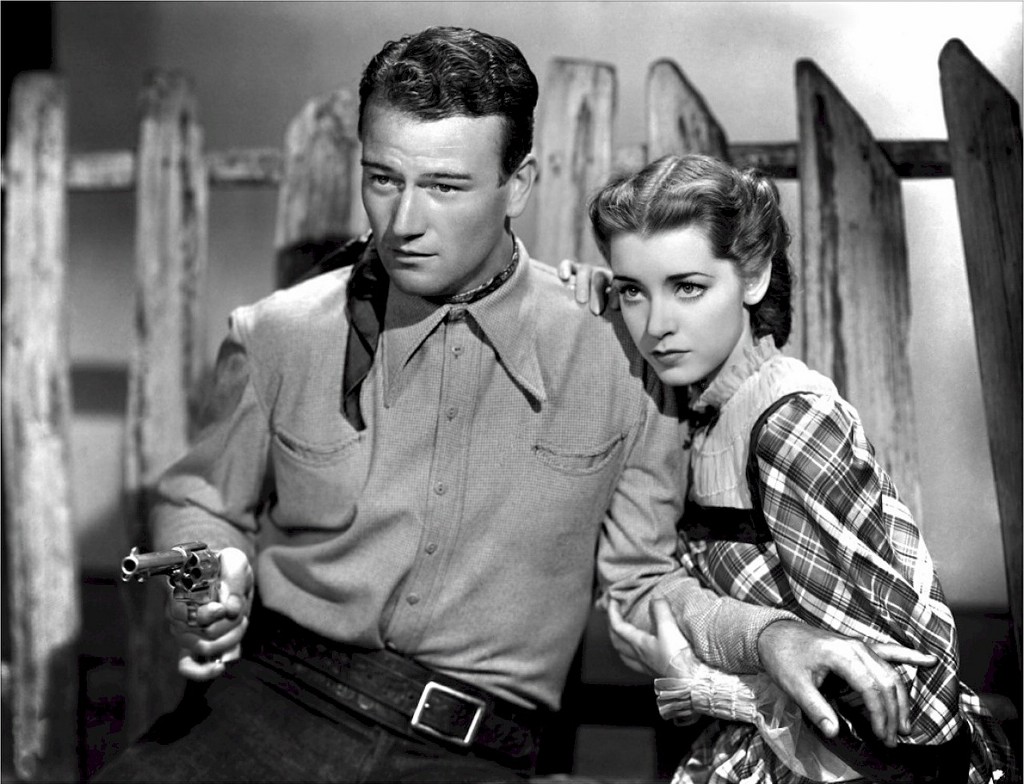Physical Media: Why You Should Buy In
You have no idea how painful it is for me to write this post.

I’ve ben a minimalist since college. I believe having too much physical stuff drags you down and shackles your brain to stuff that doesn’t matter. I can fit most of my life in five moving boxes. I give food as gifts for Christmas because eff stuff.
We buy movies because we want to watch them. That’s beautiful, but that’s not all the time. It stares at you from on the shelf, taunting you over spending $4.95 on something you’re clearly not using. It’s maddening. I wanted no part of physical media for years.
But my eyes have been opened. I’m actually buying DVDs and boxing up my VHS tapes in sun-free rooms for safekeeping. Things are different now.
Or rather, things are the same as they’ve always been. Netflix and on-demand movies haven’t changed squat.
What incentive do movie streaming (or even DVD distribution companies) have to keep all movies in stock? Not everyone is a crazy person like me and is desperately seeking A Woman Under The Influence. It makes no sense for them as a business to have a bunch of copies of this flick because the numbers don’t support the demand.
Lucky for me, the movie’s available for streaming on Amazon.
But what if it wasn’t? The numbers prove that not many people are into this film, after all. From a moneymaking perspective, no one cares. Why should it be available anywhere if no one wants it?
I can sense many of you nodding your heads. It makes sense. Why would streaming services provide a movie for streaming if no one’s interested? There’s no demand. Why have it? No one cares about A Woman Under The Influence. Move on. Watch Stranger Things, for god’s sake.

It’s all fun and games until your favorite movie from the 1970s can’t be found anywhere online. Then it’s an injustice.
Owning physical media is admitting that you want the ability to watch this movie whenever you want. That’s what we all thought we were getting with Netflix, Hulu, Amazon Video and even Redbox. We thought we could have it all. Less stuff and yet the ability to watch whatever, whenever.
But this was an impossible dream. Netflix in particular has recently taken a hatchet to the number of movies it now offers customers, to the tune of 40% fewer flicks than all the movies they had available in 2012. They’ve more interested in developing their own content. They have to stand out against Hulu and the rest of the streaming services out there. It’s not enough to just offer movies.
Also, procuring the rights to stream movies on a network is a pain in the butt. Netflix lost out on the rights to stream the new Ghostbusters movie to FX. How? Probably because they weren’t willing to put up a bajillion dollars for something with no guaranteed audience. But “no guaranteed audience” is the same bad logic is what made studios reject movies like Pulp Fiction and Star Wars. Imagine those same studio heads now running Netflix.

What we essentially want as consumers is a company working in movie preservation, even if it means a monetary loss. We want a company that hoards all the movies and lets us watch them whenever we want. But no company would ever do that. While the National Film Preservation Foundation is awesome, they’re probably not interested in providing a streaming service (though they totally should).
People who play video games know what I’m talking about. Companies are finally starting to instill backwards compatibility (the ability to play games from past gaming systems) in newer video game machines because those old cartridges don’t last forever and they want that good ol’ nostalgia money. But this is a very new development. For decades, if you wanted to play an old video game, you had to have the machine on hand. You had to hoard them yourself, or even stoop to piracy. But it’s not like Nintendo or Playstation was doing the preservation footwork themselves. Why would they care?
In the push toward streaming video, most of us have forgotten that these are companies we’re dealing with. They have to make money. Sometimes it’s at the expense of us, the person who wants to watch a movie that’s been out for a while—or those of us who love weird vintage movies.
Netflix isn’t going to change its ways. Our choices are to either buy the movies we love or to accept that we’re at the companies’ mercies. It’s painful to have all that stuff on the shelf, yes. But it’s either that or accept a world where we have no real control over our media viewing habits. There’s no group out there doing movie collection (and sharing) for its own sake. For now, that job falls to us.
Brit McGinnis is a copywriter and author of several books. Her work has appeared on XOJane, SparkNotes and anywhere fine stories are sold. She lives in Portland, Oregon.
Support The Billfold
The Billfold continues to exist thanks to support from our readers. Help us continue to do our work by making a monthly pledge on Patreon or a one-time-only contribution through PayPal.
Comments